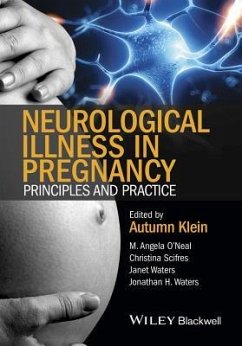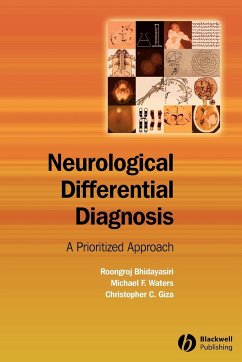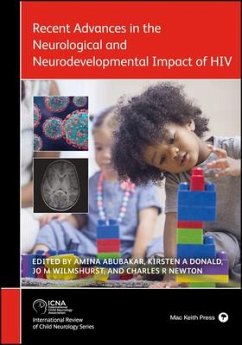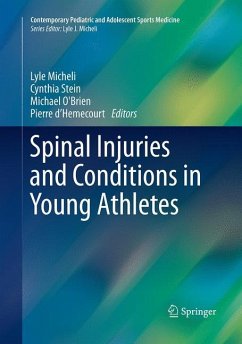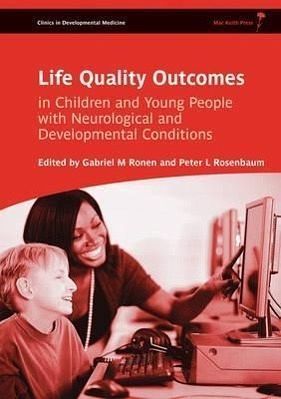
Life Quality Outcomes in Children and Young People with Neurological and Developmental Conditions
Concepts, Evidence, and Practice
Herausgeber: Ronen, Gabriel M; Rosenbaum, Peter L

PAYBACK Punkte
58 °P sammeln!
Clinics in Developmental Medicine Health care professionals need to understand their patients' views of their condition and its effects on their health and well-being. This book builds on the World Health Organization's concepts of 'health', 'functioning' and 'quality of life' for young people with neurodisabilities: it emphasises the importance of engaging with patients in the identification of both treatment goals and their evaluation. Uniquely, it enables health care professionals to find critically reviewed outcomes-related information. The authors are leaders in their respective research ...
Clinics in Developmental Medicine Health care professionals need to understand their patients' views of their condition and its effects on their health and well-being. This book builds on the World Health Organization's concepts of 'health', 'functioning' and 'quality of life' for young people with neurodisabilities: it emphasises the importance of engaging with patients in the identification of both treatment goals and their evaluation. Uniquely, it enables health care professionals to find critically reviewed outcomes-related information. The authors are leaders in their respective research fields and discuss theory, concepts, and evidence, and how these are applied in clinical settings and research applications. Readership: * Health care professionals working with children and youth with neurological and developmental conditions, wanting to expand their clinical or research horizons. * Frontline service providers, health services and social science researchers, clinical program managers and policy makers concerned with ensuring that their clinical or programmatic services are addressing contemporary issues as effectively as possible. * Students in the health professions and others in related fields (such as social work).








